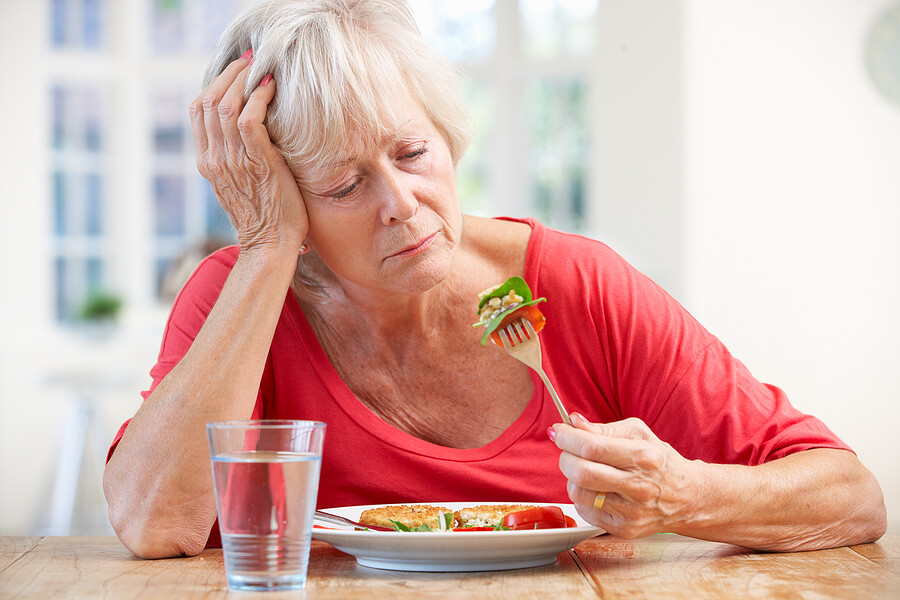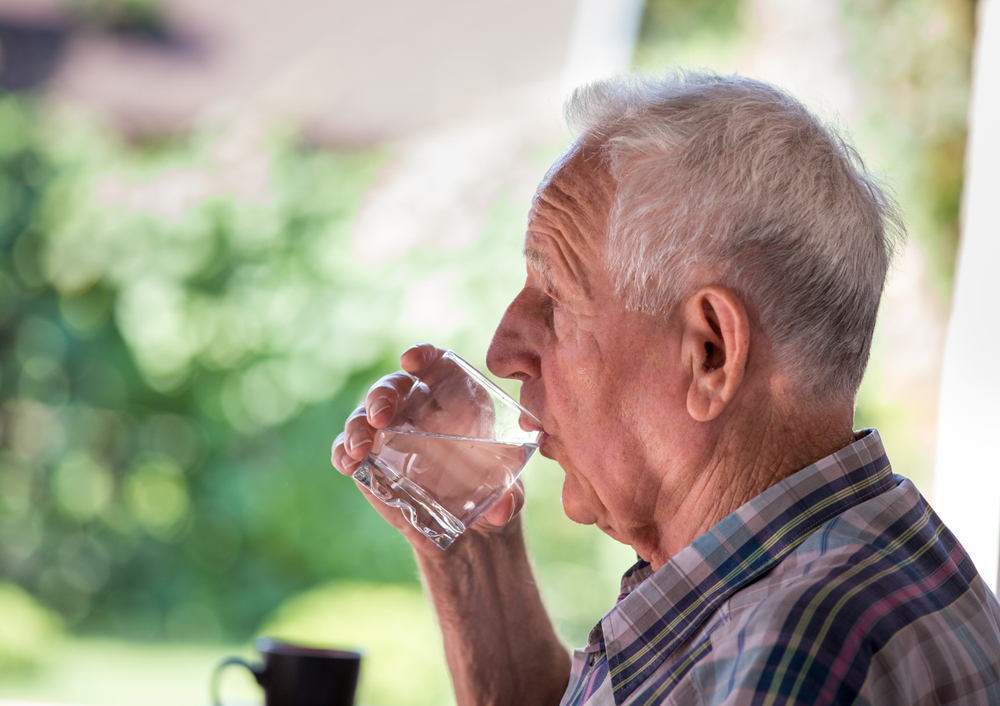Loss of Appetite: How to Increase Appetite in Elderly Adults
Category:

While an occasional loss of appetite is nothing to be worried about, a consistent loss of appetite can become a serious health risk. And there are quite a few reasons why seniors can start eating less. But fortunately, there are nearly just as many ways to increase appetite in the elderly. Below we’ll look at several reasons why a loss of appetite in the elderly might occur, and what you can do to help.
Reasons for Loss of Appetite and Weight Loss in the Elderly
Among the long list of lack of appetite causes in the elderly, side effects are one of the most common. About half of all seniors older than 70 are taking five or more prescription medications, which can make the loss of appetite quite common. Unfortunately, it can also be the result of many kinds of serious illness, ranging from thyroid disorders to cancer.
But the loss of appetite can occur for a very wide variety of reasons. For example, depression or loneliness can affect appetite. And sugary beverages can signal to the body to feel full, acting similar to an appetite suppressant. That can mean relatively small changes in dietary habits can be one of the best ways to increase appetite in elderly people.
Other times, a loss of appetite is related to an inability to prepare your own meals or a dislike of the repetitive meal options. In any case, taking a moment to understand the reason for a loss of appetite is an important starting point.
Download Healthy Aging Diet Guide
Non-Dietary Ways to Increase Appetite in the Elderly
A good diet often begins with good exercise. That means following a basic guide for senior fitness can be as important as anything else, because regular exercise can do wonders for a person’s appetite. Likewise, maintaining regular eating routines can make it easier to maintain good habits, and get the body accustomed to eating around particular times of the day.
It can also help to make mealtime a more enjoyable experience by using it as an opportunity to watch a favorite TV program, play music, or socialize. Socializing in particular can be important because research has found that eating with others around tends to increase the amount of food we consume.
Dietary Ways to Increase Appetite in the Elderly
For people experiencing a limited appetite, it’s often better to increase the nutrient density of a meal instead of the portion size of a meal. For example, one avocado has nearly just as many calories as two bags of popcorn. Calorie-dense foods like peanut butter and olive oil are healthy, easy to use in many recipes, and an excellent way to pad-out someone’s daily calorie count.
While liquid foods won’t increase appetite in elderly individuals, people often find it easier to drink calories than eat them. Protein shakes or smoothies can mix a variety of tasty fruits and flavors together, and help provide good hydration in the process. And it can actually important to be aware of the signs of elderly dehydration because it can worsen appetite, digestion, nutrient uptake, and more.
Treatment for Loss of Appetite in the Elderly
There are many different reasons a person might not have a healthy appetite. Determining the best way to boost appetite in elderly individuals usually comes down to respecting individual differences.
From grocery delivery services to setting alarms for mealtimes, there are lots of small steps you can take to help provide treatment for loss of appetite in elderly adults. After you’ve figured out precisely why the loss of appetite has become an issue, solving the problem is often quite simple. And if you narrow down the reason for the loss of appetite, it’s usually much easier.
Subscribe
Date: August 27, 2020
Category:


